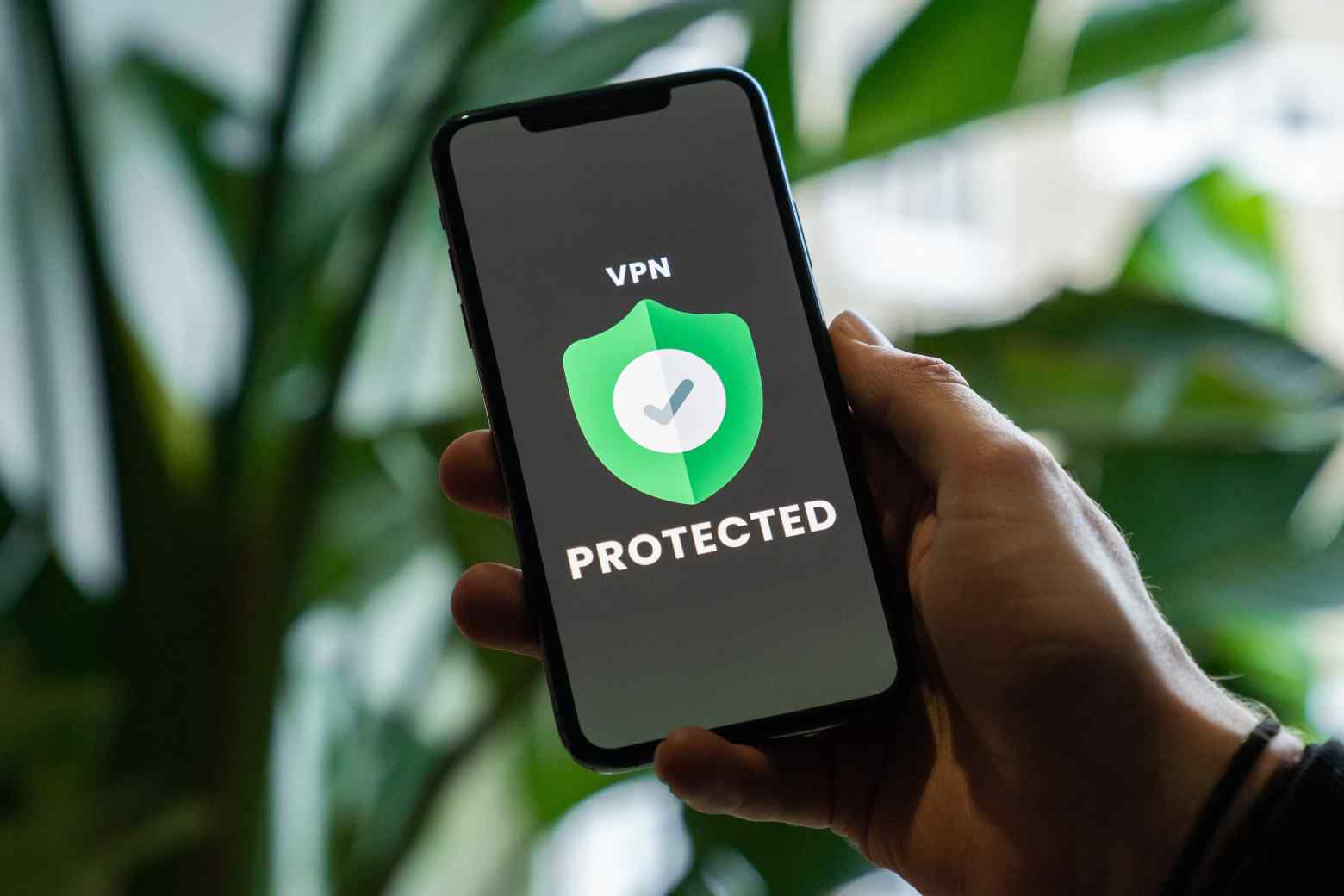You’ve just come home from work, had a long day, and wanted to watch a good movie for dinner to unwind. In the age of the Internet, no problem. However, after searching for a movie online, the disappointment comes: “The content is not available in your country.” Almost everyone knows this scenario. You can easily avoid this disappointment with a VPN.
What Is A VPN?
A VPN, i.e. Virtual Private Network, is a program that encrypts your activity on the Internet and thus protects your private data, hides your IP address or location and, among other things, protects you from hacker attacks or the leakage of sensitive information such as passwords or other user data. This is most useful if you frequently connect to public Wi-Fi networks.
What Is A VPN Good For?
In addition to protecting against cyber attacks, an online VPN prevents web servers from collecting data about your behaviour on the Internet, so you don’t have to worry about unsolicited e-mail offers or questionnaires from sites you’ve visited in the past.
By encrypting your IP address, you can also use a VPN to change your computer’s geographic “location”. Instead of your country’s IP address, you can choose an IP address of any other country, and thanks to this, you gain access to content that is otherwise limited to the territory.
How To Arrange a VPN?
We can find many VPN programs on the market, most often for a monthly subscription. In most cases, free online VPNs are just trial programs for a week or month, for which you already have to pay. If you find a VPN that appears to be free of charge, chances are it has a hidden virus, or its features are severely limited.
Proxy vs VPN
Both proxy and VPN are programs to encrypt your data and IP address. The difference between them is that you don’t need to download the Proxy server as software, and you only turn it on for certain applications, not the entire network.
Take care of your cyber security, and consider connecting to a VPN!
